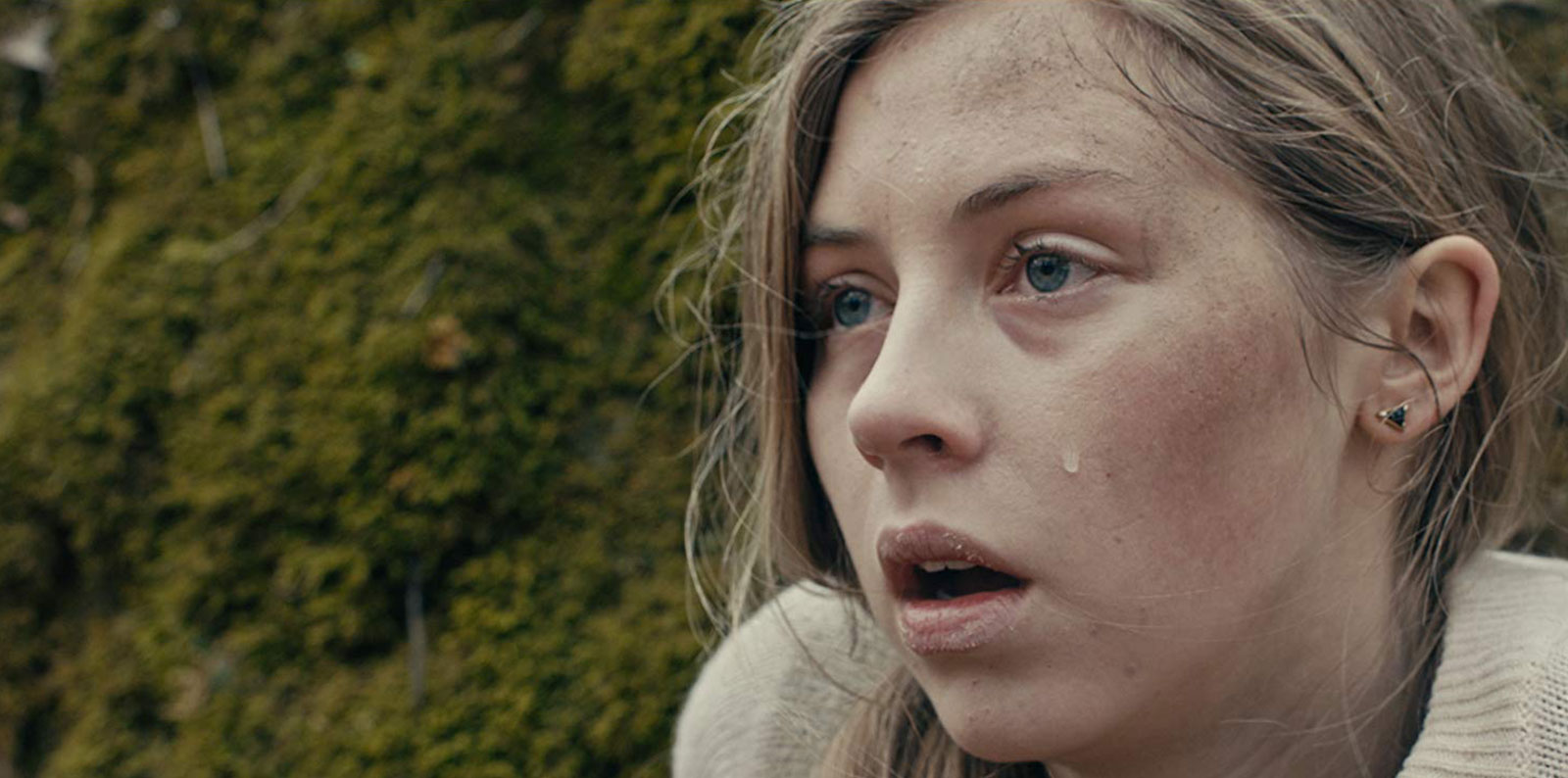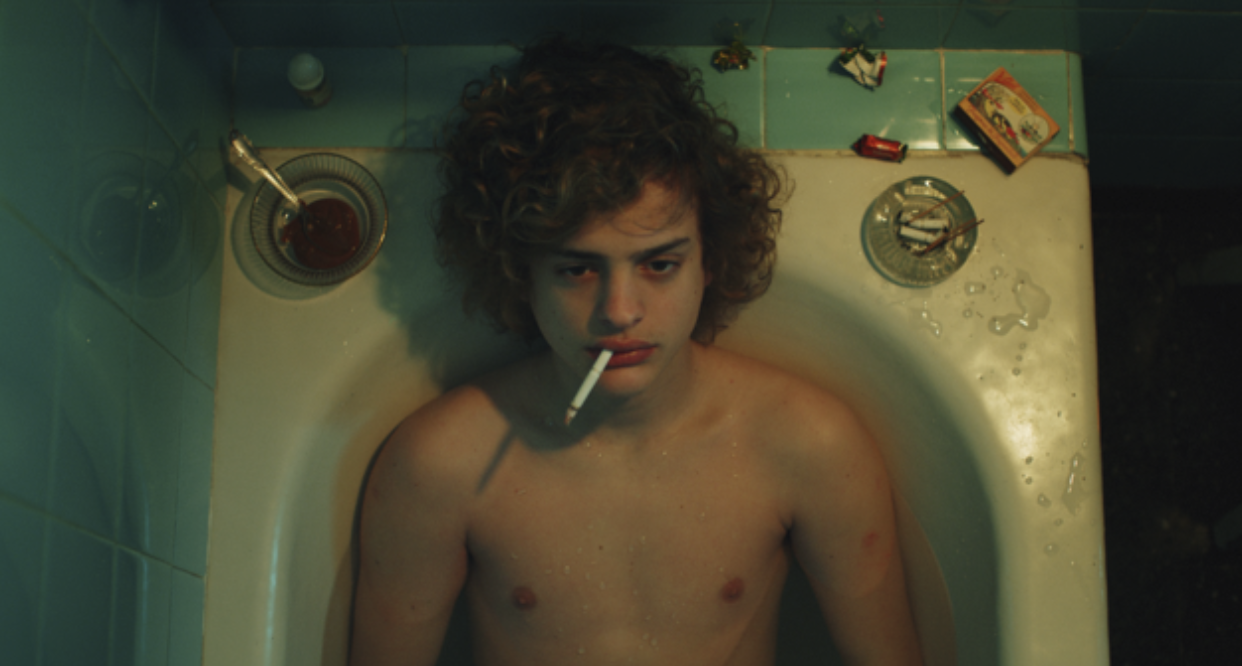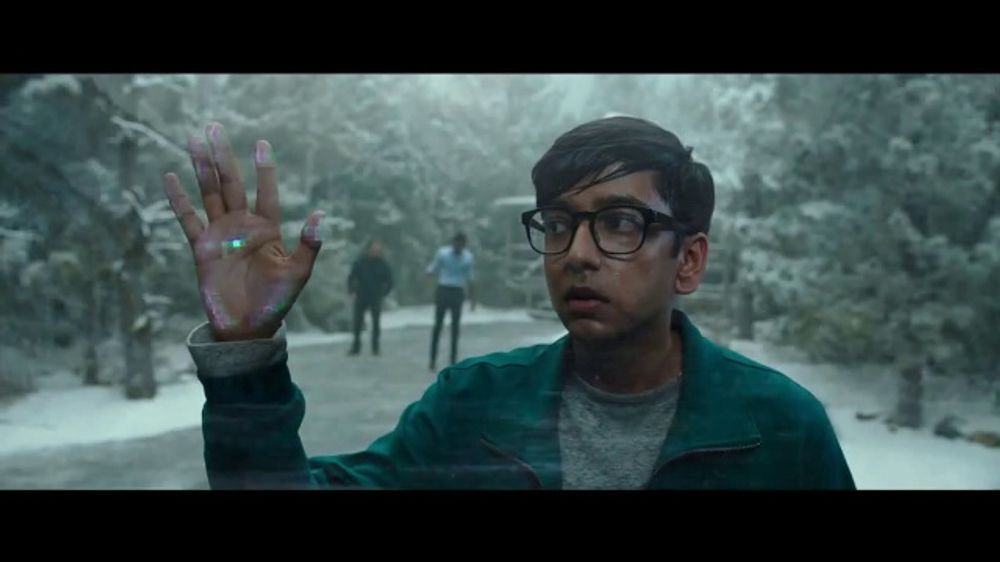Replicas
by Hope Madden
Sometimes, dead is better.
That Stephen King quote flashed through my mind as I watched Replicas, Jeffrey Nachmanoff’s SciFi thriller starring Keanu Reeves.
Reeves is William Foster, a scientist working nobly to put human consciousness into robots because this way we can save so many dying soldiers. I’m confident they would totally want to come back as robots.
Foster quickly loses his family in a car accident, his bestie (Thomas Middleditch) conveniently dabbles in cloning, and the mad duo concoct a plan to combine their specialties and bring the Foster family back to life.
Back one step: Will Foster loses his family in a car accident. This requires Reeves to emote.
I would call that Problem #1, but I already covered the plot.
Nachmanoff and writers Chad St. John and Stephen Hamel deserve credit for quietly upending the ages-long moral conundrum at the center of any cloning/Frankenstein/AI film. Good for them for opting out of Judeo Christian finger-wagging.
Also, Alice Eve—when she’s allowed to do something besides look good sleeping—offers a nuanced and often funny performance that makes the most of the moral quagmire the story articulates.
How capable is Reeves at lobbying back answers to her profound and life-altering accusations?
I think you know.
Reeves has proven to have some heretofore unimagined talents via recent supporting turns in The Bad Batch and Neon Demon. His hollow performance in John Wick works strangely well, too. But as a scientist struggling with enormous moral choices and debilitating grief? It is distracting enough that I almost didn’t notice those plot holes I kept falling into.
That King quote didn’t flash through my mind as I thought about the Foster family and their existential paradox. I was thinking about me having to sit through this movie.









